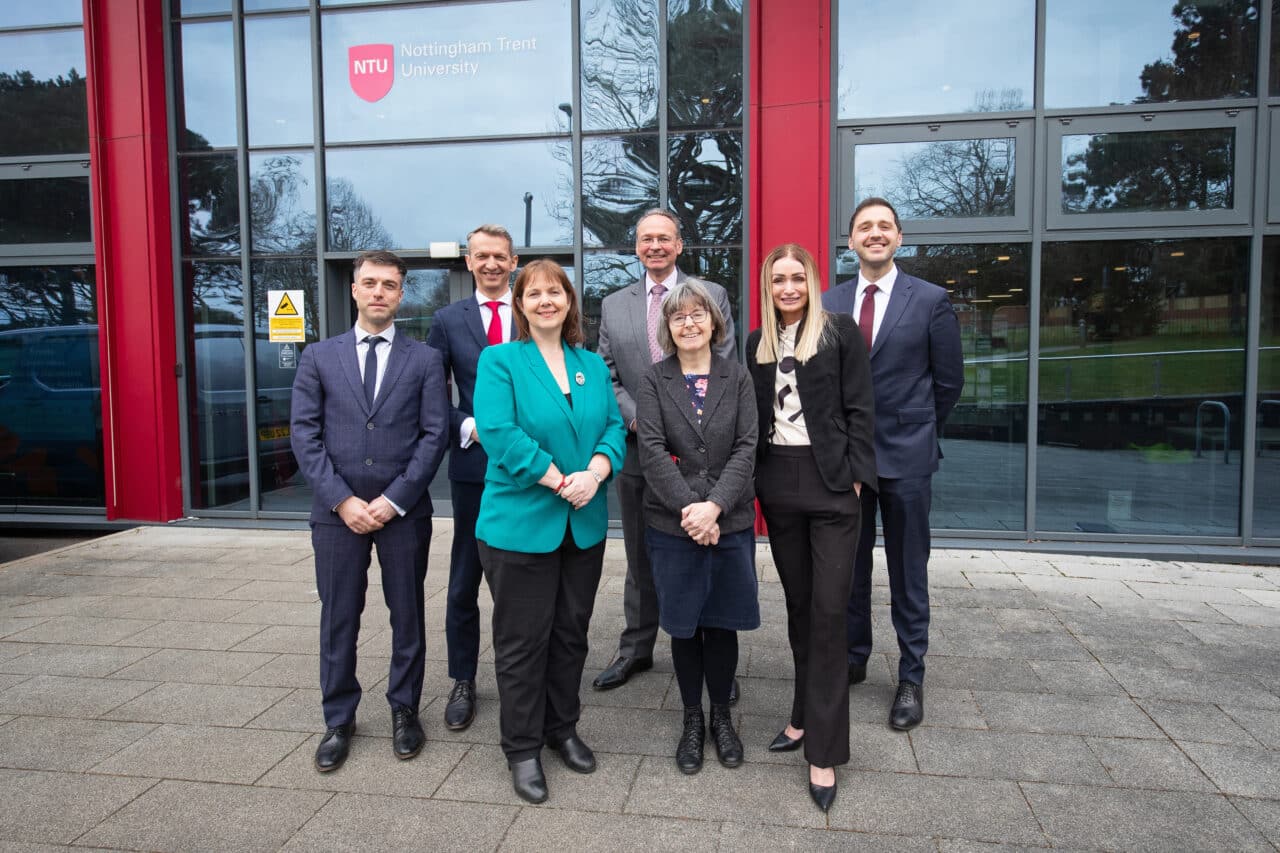
The Inclusive Growth Commission today set out bold recommendations to transform the East Midlands economy at an event at Nottingham Trent University’s Mansfield University Hub co-hosted by Chair of the Commission and CEO of the Royal Society of Arts (RSA), Andy Haldane, and Mayor of the East Midlands, Claire Ward.
In its interim report, published today, the Commission called for a step change in investment in the East Midlands, underpinned by strengthened devolved powers to better reflect the needs and opportunities of a region that boasts a population of more than 2.2 million people, an economy worth £50bn in GVA annually, and which is spread over more than 1,800 square miles.
To realise the untapped potential of the region, the Commission argued that the Combined Authority needs to quickly be placed on a fast-track for more powers, funding and flexibility like those seen in places like Greater Manchester and the West Midlands. Revealing its interim findings, the Commission drew on the East Midlands’ unique geography and economic landscape, identifying the strengths, challenges, and opportunities that will shape its final report, and subsequent strategy, to be published in September 2025.
It acknowledged the historic underinvestment that has put the East Midlands on the back foot to date, with public spending per person being the lowest in the UK, and called for more investment to be committed in the government’s next spending review.
Underpinning the Commission’s interim recommendations was the concept of an “opportunity escalator” – an integrated approach combining practical, step-by-step skills development with work experience and career guidance to help more people onto and up an escalator of well-paid, secure jobs across the region.
Creating these jobs must go beyond simply bolstering high-tech, high-growth industries set out in the UK Government’s Industrial Strategy Green Paper. For the region to have a truly inclusive growth strategy, this must sit alongside a plan to nurture a broader range of industries that offer large numbers of secure and rewarding job opportunities in manufacturing, logistics, construction, health and social care, and modern services, including the visitor economy.
The Commission also identified some of the key barriers that stand in the way of people in the East Midlands accessing jobs and progressing in work. These included a rise in long-term ill health, a fraying social fabric that leaves people and communities feeling isolated, access to transport, and acute housing needs that prevent people from locating or commuting to the places where good quality jobs are on offer.
Other interim recommendations include:
The Commission was launched in November 2024 by the RSA and the East Midlands Combined County Authority (EMCCA), and was tasked by the mayor with generating ambitious, long-term plans to drive prosperity and reduce inequalities across the region.
Mayor of the East Midlands Claire Ward said: “The East Midlands economy is shaped by people and places – but the economy also shapes people and places. It’s a feedback loop, and some of those loops are not working for our region as they should. This is not inevitable – and I became Mayor precisely because I know that there is potential in every part of this region that can be unleashed.”
“We know how important economic growth is, but it is also important that we hold that growth to high standards: it should enable people to live healthy, fulfilling lives as part of connected communities and thriving places. This is easy enough to say, but we must work and invest differently to bring this about in practice – and that change will take sustained effort on our part.”
“I convened the Inclusive Growth Commission for this purpose, to coalesce insight from the region and beyond to lay out how we should be working and investing to deliver inclusive growth – and I am pleased to have reached a point at which we can share some of its findings for the people of this region to consider.”
Andy Haldane, CEO of the RSA and Chair of the Commission, said: “The East Midlands has all the ingredients for economic success—an innovative business community, strong leadership, and a deep well of talent. But unlocking that potential requires more power to be put into local hands, combined with the resources they need to forge a lasting strategy for growth. I look forward to continuing our work with leaders and residents across this dynamic region as we work towards our final recommendations later this year”
The next phase of work will involve close collaboration and engagement with businesses, community leaders, and residents across the region and will put forward practical steps to implement its findings to create a more inclusive, resilient economy and help determine where more than £4bn of public investment will be spent.
Published on: 17 March 2025
Categories: News, Economic Development